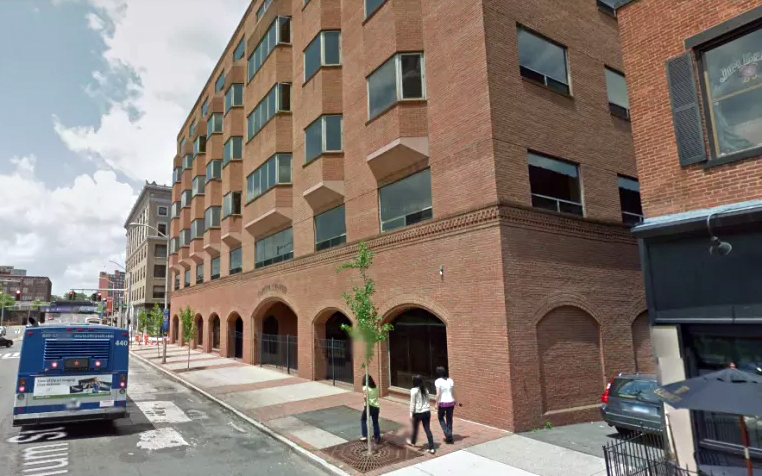Hartford, Connecticut, is getting rid of mandatory parking minimums citywide, the second major American city to do so in the past 12 months, following Buffalo.
The revised zoning code no longer requires builders to include car parking in new construction. The Hartford Planning & Zoning Commission voted for the changes unanimously last night, enacting them into law.
The Hartford legislation goes farther than Buffalo's in some ways, with fewer loopholes. (In Buffalo, the City Council can still decide to require parking through a review process for projects larger than 5,000 square feet.) But because parking mandates for car dealerships are Connecticut state law, those minimums remain in the Hartford code. Other special uses, like stadiums, will be subject to case-by-case review.

Hartford has been building up to this point for a while. The city lifted parking minimums for its downtown about two years ago, points out Planning & Zoning Commission Chair Sara Bronin. That zoning change also eliminated parking mandates for retail and services (like restaurants and gas stations) citywide.
Without the burden of parking mandates, it was easier for developers to rehab downtown buildings, said Bronin. "There have been some buildings that have been renovated downtown in a much faster and more efficient way by not having to provide as much parking," she told Streetsblog. "Because of that we felt that it was time to bring that same benefit to developments citywide."
Like other Connecticut cities, Hartford is plagued by fiscal problems, and the loss of productive land to parking spaces exacerbates those issues, constraining the city's tax base. In Hartford, the capital of Connecticut, downtown is pocked with blocks of free parking for state employees.
UConn professor Norm Garrick (star of this Streetfilm on parking craters) has led multiple studies investigating the hidden costs imposed by excessive parking on cities. Research his team conducted in 2014 found that downtown parking consumed so much land it amounted to $50 million a year in foregone tax revenue.
Together, Garrick and Bronin have been leading a conversation about parking reform in Hartford.
Support for citywide elimination of parking minimums was nearly universal, said Bronin. The reforms are expected to reduce housing costs, cut traffic, and reduce harmful runoff. About 42 percent of Hartford is impermeable surfaces, says Bronin, which contributes to water pollution and the urban heat island effect.
"For me, the environmental implications were really important," she said. "We also believe that in deemphasizing parking we will make our neighborhoods more livable."






